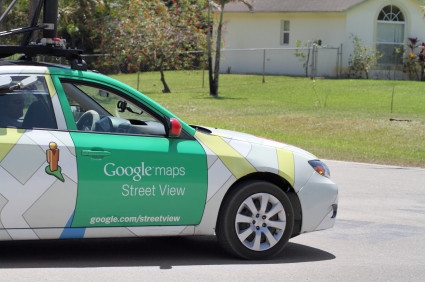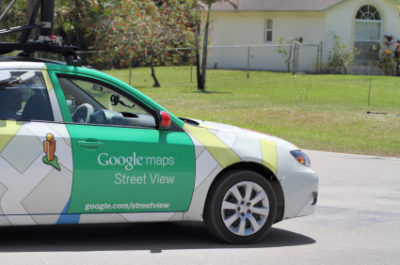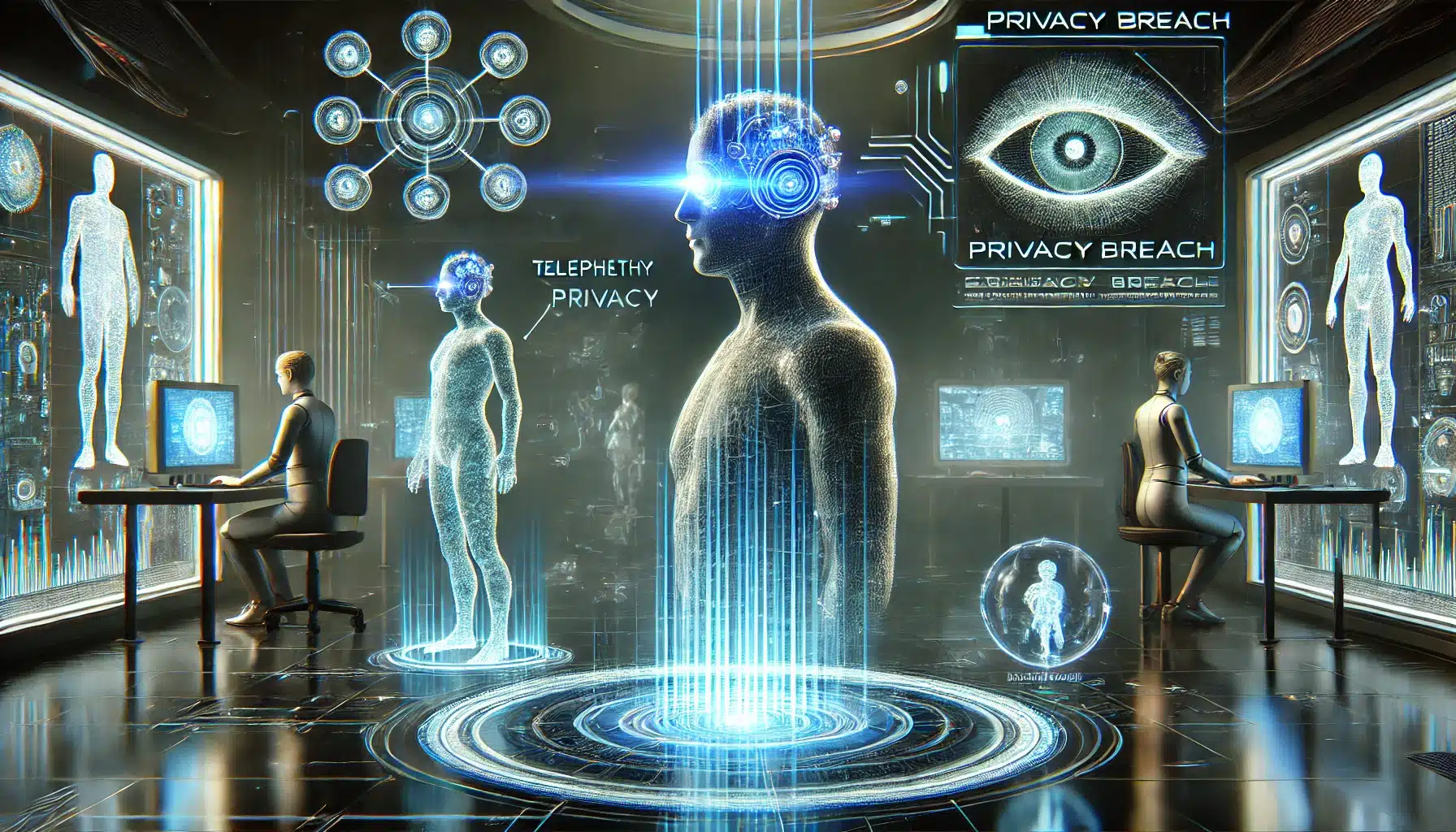Google’s driverless car has been getting a lot of press of late, and not all of it has been favorable. The reason for concern is the fact Google is using the vehicles to gather information from unprotected Wi-Fi sources.
As a result of such privacy issues, the California legislature passed SB 1298 with the hope of protecting its citizens’ privacy. The bill was authored by Senator Alex Padilla, and it passed in the State Senate unanimously. But the public interest group Consumer Watchdog says that isn’t enough.
In a letter to Governor Jerry Brown, Consumer Watchdog Privacy Project Director John M. Simpson said the bill is “…Completely insufficient [because] it gives the user no control over what data will be gathered and how the information will be used.
“A law regulating autonomous vehicles must provide that driverless cars gather only the data necessary to operate the vehicle and retain that data only as long as necessary for the vehicle’s operation,” said Simpson. “It should provide that the data must not be used for any additional purpose such as marketing or advertising without the consumer’s explicit opt-in consent.”
The bill and proceeding discussions were prompted by the revelation that Google Street View cars were using “a Wi-Fi sniffing code which allowed Street View cars to suck up usernames, passwords, emails, and at least one conversation between two people planning an extra-marital affair,” according to a post by Kashmir Hill, who named Engineer Doe, the Googlite who created the software, as Marius Milner in a post on Forbes.
Google sought to portray the unauthorized data sniffing as an accident, but the FCC has released documents showing the Wi-Spy scandal was not a mistake or the work of a lone, rogue engineer. Instead, Simpson contends the “sniffing” was an integral part of the Street View design.
In spite of the fact that the FCC imposed a $25,000 fine on Google for obstructing its investigation, the information giant has since admitted it retained data it promised to dump almost two years ago.
According to Simpson, “The Federal Trade Commission imposed a $22.5 million penalty on Google for violating a consent agreement and hacking around privacy settings on Apple’s Safari browser, which is used on iPads and iPhones … Simply put, there is no reason to trust or believe Google when it claims to be concerned about privacy.”
SB 1298 was amended with the following clause: “The manufacturer of the autonomous technology installed on a vehicle shall provide a written disclosure to the purchaser of an autonomous vehicle that describes what information is collected by the autonomous technology equipped on the vehicle.” However, Consumer Watchdog says that language is completely inadequate.
“The time to ensure that this new driverless car technology has the necessary privacy protections is while it is being designed and developed. This is a concept known as Privacy by Design. It means privacy issues are considered from the very beginning and solutions are baked in,” wrote Simpson. “Trying to catch up after a new technology is developed and broadly implemented simply will not work. Google has demonstrated that it only pays lip service to privacy concerns and repeatedly violated consumers’ privacy. That is why I call on you to veto SB 1298; consumers must give opt-in consent before any data gathered through driverless car technology is used for any purpose other than driving the vehicle.”
Driverless car technology is definitely in our future, and Google is leading the way. At the same time, groups like Consumer Watchdog are warning against allowing such advances to create unfair trade advantages and deprive Internet users of their privacy.
©2013 Off the Grid News











